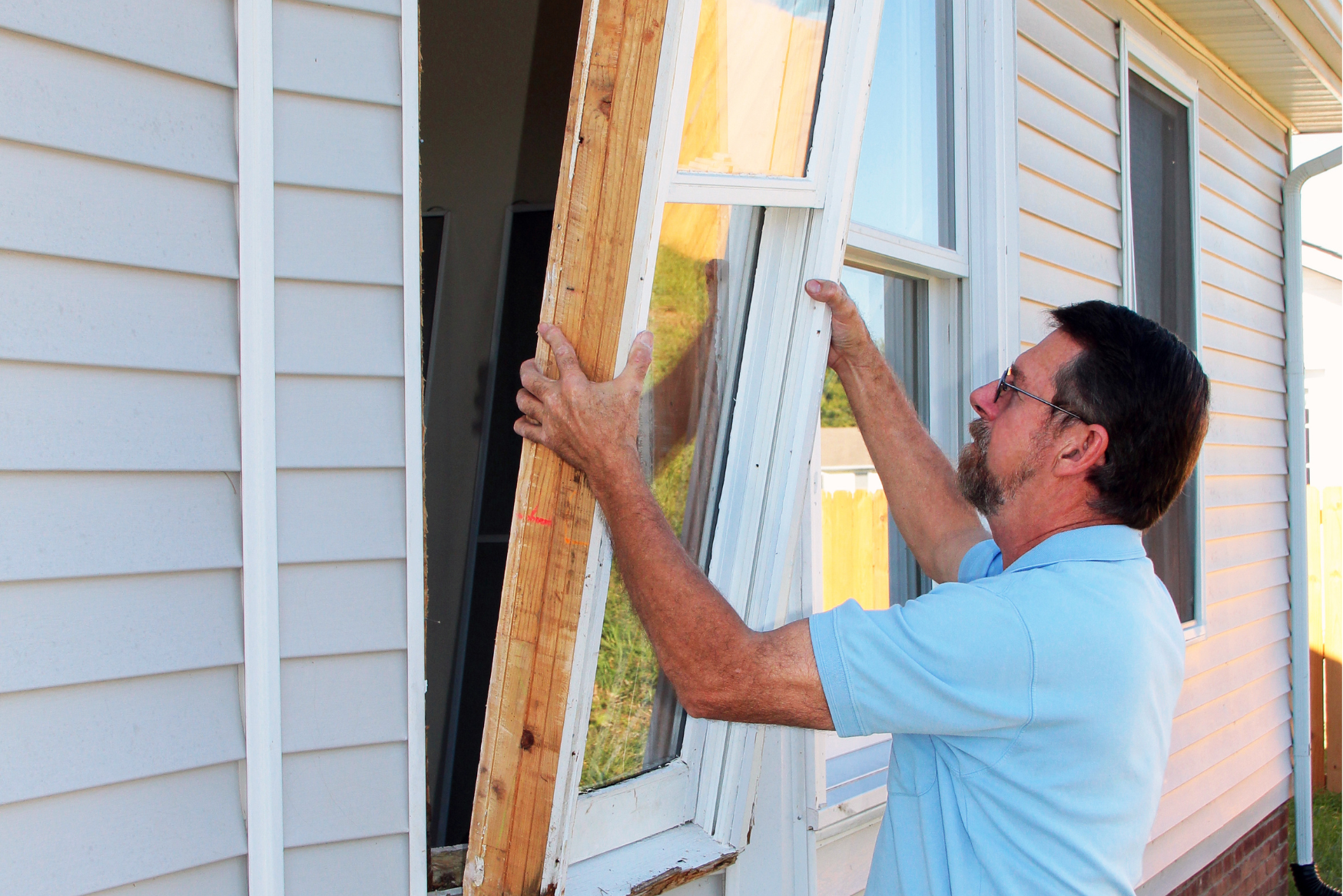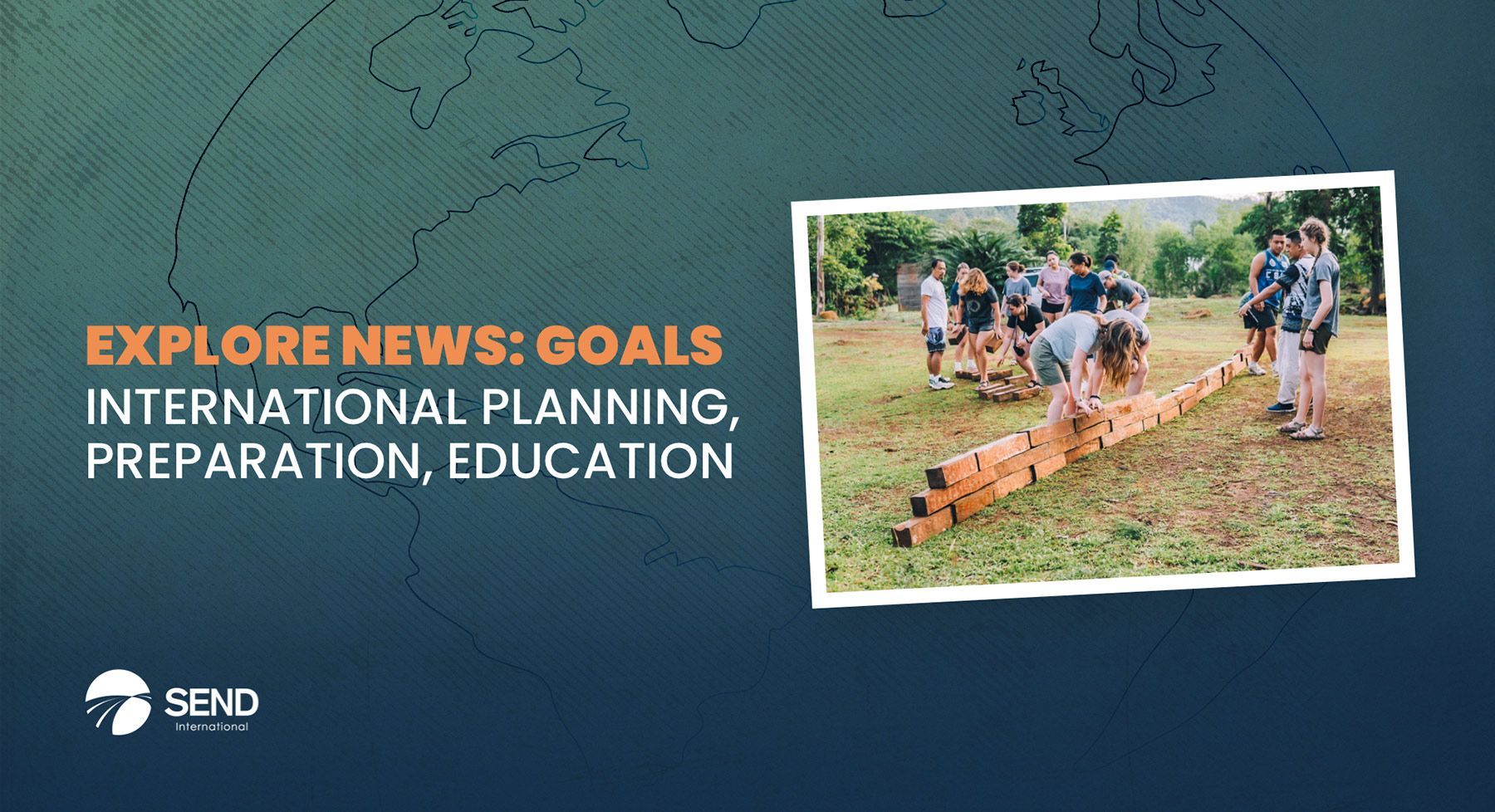
Separated from family by the pandemic, a global worker learns to wait well
Editor’s note: Heather Book and her son, Robert, have been separated from their family in Thailand since the summer. Every month, they eagerly await news that the country has opened back up to their type of visa—but so far, that news has not come. Heather shared recently at their church about learning to wait; here are excerpts from her sermon.
By Heather Book — We are stuck in something I am calling the in-between. We do not know what our future holds or when we will be able to return. We are simply waiting on the Lord for his timing and miraculous provision for our family.
Your choices in the in-between times—the times of waiting—in your life will prove what you believe. For if you make the choice to act independently of God, you cut his lordship right out of the picture. When we choose to run ahead of God, not waiting for his guidance, we are deceived by the belief that we are in control. But usually we run ahead of God because we are actually running away from a painful circumstance or a troubled spirit inside. There’s something in our lives that we cannot control, don’t know how to process, or don’t understand.
How do you know if you are waiting poorly? You will have no peace. No joy. No freedom. You will be full of anxiety and doubt. Waiting well, on the other hand, means waiting with an attitude of expectation (Psalm 5:3), an attitude of hope (Isaiah 51:5), an attitude of patience (Habakkuk 3:16), an attitude of quietness (Lamentations 3:26), an attitude of perseverance (Hosea 12:6), and an attitude of eagerness (Romans 8:23).
Often we are waiting for a circumstance to change. Currently, Robert and I are waiting for God to literally overthrow the king's mandate so that we can return to Thailand. We can’t do anything about it. But if a government decree is all that I am waiting on, I will become very anxious. My prayers will become demanding and I will begin to doubt God.
We must learn, instead, to wait on God, trusting him with all of our heart, leaning not on our own understanding, acknowledging him in all of our ways so that he can direct our paths (Proverbs 3:5-6).
How do we wait on the Lord and find a peace that passes all understanding instead of waiting around anxiously for our circumstances to change? Scripture tells us how.
W - Watch your thoughts, words, and actions
- Thoughts: Psalm 37:7 reminds us not to fret when men succeed in their ways, and Philippians 4:8 lists where to fix our thoughts, on whatever is true, noble, right, pure, lovely, admirable, excellent or praiseworthy.
- Words: Don’t tell yourself lies, like “God is not answering my prayers because he does not love me.” Instead, speak truth: “Say to my soul, ‘The Lord is my portion, therefore I will wait for him.’” (Lamentations 3:24)
- Actions: As we wait, we must obey the Lord. “Yes, Lord, walking in the way of your laws, we wait for you; your name and renown are the desire of our hearts.” (Isaiah 26:8)
One note: Watching your thoughts, words, and actions is not meant to be a self-controlled act of the will to try and please God. Instead, it is to be a joint effort as the Holy Spirit works through you.
A - Attend to your heart
The writer of Proverbs has this to say about your heart, “Above all else, guard your heart, for it is the wellspring of life.” You need to listen to what is happening on the inside of you—through your will, your emotions, and your conscience.
Attending to your heart helps you recalibrate your spiritual walk with God. You can notice when things are out of sync. If you’re fearful, think about Psalm 27:14 and take courage. When you’re frantic, read Psalm 37:7 and rest. Are you doubting? Isaiah 8:17 will recalibrate your trust. Lost in a besetting sin? Try Hosea 12:6, which encourages repentance. Despairing? Look to Romans 8:24-25 to find some hope. Do you feel lonely, unloved, and abandoned? Keep yourselves in God’s love as Jude advises.
Attend to your heart, friends. Assess it often. It will reveal whether you are a believer who says he is waiting but is very anxious or a believer who is waiting in biblical fashion. Your heart is the wellspring of your waiting-well ability; it is the barometer of your emotional health in the midst of your wait.
I - Invest more time in the Word and in prayer
When you don’t know what to do, watching TV or combing the internet will not help you wait well. Nor will taking on extra hours at work or busying yourself in extraneous projects. I heard that do-it-yourself projects have been way up during COVID. Why? People have had a lot of time on their hands. I ask you, though: Did Bible reading go up? Did prayer time rise? These two investments will bring a huge return. They will ground you, encourage you, and yield a harvest of incredible intimacy with God.
T - Take time to remember
Psalm 106 is the litany of the Israelites’ sins as they tramped through the desert, not waiting well. I want you to see an important progression: “They soon forgot what he had done and did not wait for his counsel. In the desert they gave in to their craving; in the wasteland they put God to the test. So he gave them what they asked for, but sent a wasting disease upon them.”
Forgetting God led to independence from him. Remembering keeps us in his love, in his word, in his whole counsel. So what can you remember during your time of waiting?
- God’s Name: Micah 7:7 says, “But as for me, I watch in hope for the LORD, I wait for God my Savior; my God will hear me.” There are three names of God in this verse alone: Jehovah, Elohim, and Savior. Jehovah, the I AM, the pre-existing one before COVID, before your problems, and glory to God, beyond your wait. Elohim, the creator, who can take your horrible wait and create something brand new in you. Savior, the one who redeemed you from hell and saved you into his family.
- God’s character: Isaiah 30:18 says, “Yet the Lord longs to be gracious to you; he rises to show you compassion. For the Lord is a God of justice. Blessed are all who wait for him!” Do you spend time remembering God’s gracious thoughts toward you? Do you think of him as compassionate and just? Study God’s character in the midst of your wait. You will find him to be more than all you need.
- God’s ways: I love Isaiah 64:4-5, “Since ancient times no one has heard, no ear has perceived, no eye has seen any God besides you, who acts on behalf of those who wait for him. You come to the help of those who gladly do right, who remember your ways.” God’s ways are not like ours, but he does amazing things in his timing. Do you know his ways? Do you know that in the wait, his ways involve a) revealing your motives, b) removing idols from your life, c) transforming your character, and d) teaching you dependence? Remembering these truths about how God works will keep you waiting well.
- God’s promises: There are so many promises in God’s word. Not all of them will be specific to your situation, but many of them will be. God promises to be your help and shield (Psalm 33:20). He will answer your prayers (Psalm 38:15). He will deliver you (Proverbs 20:22). God blesses those who wait (Isaiah 30:18).
Lastly, don’t forget to thank the Lord, even as you wait. Philippians 4:6-7 says, “Do not be anxious about anything, but in everything, by prayer and petition, with thanksgiving, present your requests to God. And the peace of God, which transcends all understanding, will guard your hearts and minds in Christ Jesus.” Thanksgiving is the key; thank God for his name, character, ways, and promises. Thank him for what he will do—what he is doing—and your mind will focus on things above, not on earthly things, not on your circumstances, not on your wait.
• SEND’s member care department provides personalized support for each of our missionaries and their families throughout their careers. Read about some of the benefits of serving with SEND.





